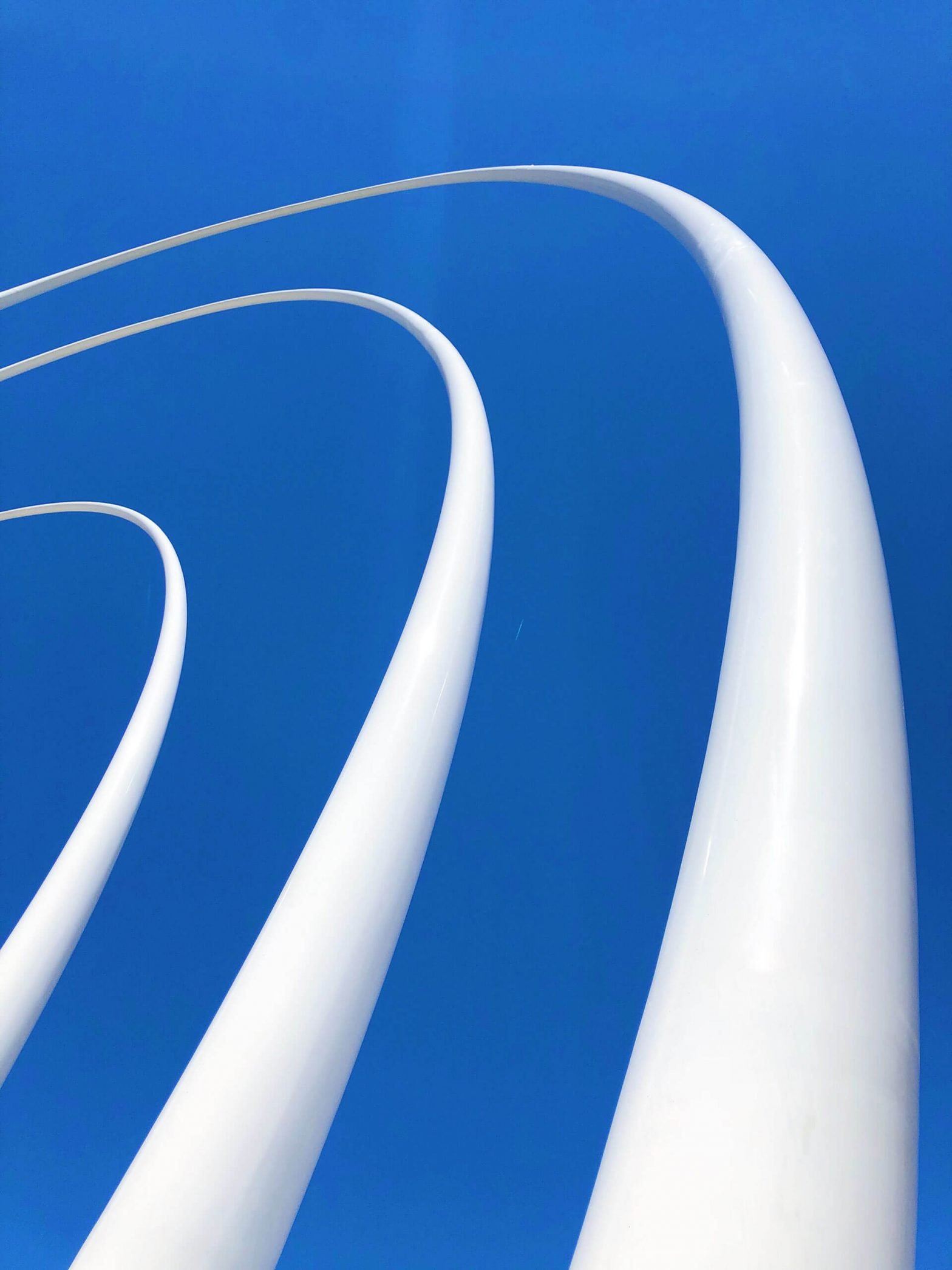The unexpected track
I didn’t expect to be sitting atop a mountain at Isuvara.
If you’d asked me 10 years ago if I’d climb a single mountain, let alone traverse a mountain range, I would have snorted at you through a fistful of McDonald’s chips from the comfort of a chaise lounge, while watching the entirety of the Friends back catalogue for the 4th time.
This unfortunately isn’t an exaggeration.
This was how I spent the vast majority of my free time as a young adult, when I wasn’t drinking myself stupid in a club on a Wednesday night.
It’s not a flattering picture. But it is an honest one.
I had no regard for my body. I didn’t hate it. I just didn’t care for it. It couldn’t do much. It wasn’t very useful.
I remember travelling with my uncle and aunt to Coral Bay one year as a teenager – a stunning little seaside town on the north west coast of Australia – and discovering that every morning of their idyllic beach holiday, they would get up at 6.30am to sprint up sand dunes.
I legitimately thought the fuckers were out of their minds. I did three dune runs one morning (under duress) and puked my guts up shortly thereafter.
Ahhh sweet summer memories.
It was, ironically enough, that same uncle that sparked the idea of Kokoda in me. He’d done the track 5 years before and imparted to me what an incredible experience it was.
Discomfort = growth
I’ve always believed that discomfort is the key driver of growth. And after reading ‘Can’t Hurt Me’ by David Goggins at the start of 2019 I was reminded of this fact.
His ethos is strongly centred on the idea that you should aim to push yourself to some kind of limit every. single. day.
And that the easiest way to do so is through physical activity – because you can’t reliably manufacture any other kind of stress in your life that won’t sustainably fuck it up.
Physical pressure and stress is easy to create and control – and instead of doing you long term damage like normal stress does it serves you by making you stronger and more capable.
Kokoda, it turns out, was the most difficult physical challenge I could think of.
Life on the trail
It was brutally hard.
Most day we were awake at 4 or 5am.
Some days we’d wake up to torrential rail, put on cold, wet clothes that hadn’t dried from the previous day’s downpour and start hiking again in the pitch black hours before dawn.
Other days the heat was so oppressive I didn’t think my body would be able to drag itself up the next summit and hike the 20+ kilometres required of me that day.
When it was flat it was muddy and when it wasn’t flat it was steep as hell.
Going down the side of a mountain is remarkably harder than going up the side of one, it turns out.
The jarring of each downward step rattles bones you’d never felt before, hits joints you didn’t realise you had.
And at least going up – you weren’t worried about falling
On day one, as we sat down for dinner, I vomited in front of the 27 strangers I was doing the trek with.
On day two, I fell several meters over rocks, roots and scrub, again in front of most of my peers.
On day three, I burnt my one and only hiking shirt to a crisp, because I hung it to dry too close to the fire.
Needless to say, things improved from day four.
…. how could they not?!
The mental challenge
I trained hard for 6 months to make Kokoda a reality.
But every person I spoke to told me the same thing – while I was physically as prepared as I could be, the real challenge would exist between my ears.
My goal initially was to survive it but in the end I felt like I’d fucking conquered it.
It is one of the best experiences of my life, to date.
Because of what I discovered about the power of my thoughts.
For the first 4 days though, I was waging a war.
Every second spent going upwards was a struggle.
Every couple of moments I had to catch myself. I had to send a constant barrage of corny-as-shit positivity through my brain.
“You can do this”
“You got this, Beth”
“Stop being a little bitch”
“You’re a fucking warrior”
“You trained for this”
“Your legs are strong”
“You feel fantastic”
“You could do this forever!”
It was the only way to stop the opposite from going through my mind:
“I can’t do this”
“It’s too hard”
“My legs are burning”
“I’m too weak”
‘I’m not cut out for this”
“I should never have come here”
“You’re fucking delusional”
“You’ll never finish this”
What I discovered was that your mind is what writes the story of your life. Your body will always follow. It’s the reason I never stopped, never quit, never felt sorry for myself.
If I had to – which I often did – I would pause to catch my breath; I would motion those behind me to go ahead, so I wouldn’t slow them down. But I never fucking quit.
The day that changed it all
On day 5 everything changed.
We got into Bombers Camp early – midday.
There were hot showers. The campsite stocked foam mattresses and pillows. There was even green grass, instead of mud! Luxuries we’d been without for days.
We spent an idyllic afternoon in clean, dry clothes, lounging about in the idyllic weather. A game of touch rugby with the locals went on, some of us did yoga, others played cards.
Around the campfire that night, our trek leader recited bush poetry and some of the porters gathered and serenaded us with beautiful songs in their native language.
At some point that day, it seeped into our collective consciousness – we could make it.
Our legs were strong by then. We’d spent 5 days working muscles we’d never used before – and they were ready now.
We’d learnt the ways of the track, how to move through it. Not with ease necessarily, but with some grace.
Slips and falls were normal, expected even, and they came without shame – instead just a few laughs.
We met each new summit with determination instead of destitution.
The track hadn’t defeated up – it had created us.
I sat amongst the granite at Isurava.
I crossed my legs and closed my eyes and tried to hear what the mountains had to say.
I could hear the wind gently agitating the trees around the memorial and I could feel the morning sunlight warming my skin.
I could hear the sound of the waterfall nearby cascading over rocks along with the hum and buzz of the never-seen-but-always-heard jungle inhabitants. They were all just distractions though.
Because on a mountain top at Isuvara, I sat amongst the granite, I forgot everything – and I remembered how to breathe

The gift of presence
If you make it through the first 8 days of the track, on day 9 you reach the memorial at Isuvara. Polished granite structures proudly wear the four words that so fittingly sum up the spirit of the Australian soldiers that walked – and fought – along the track in 1942.
Courage.
Mateship.
Sacrafice.
Endurance.
It’s a very special place.
After learning the entire military history of the track during World War II, you can’t be anything by awed and inspired by what the diggers did indeed endure.
I don’t think I’ve ever experienced more present and peaceful moments in my life than those I spent at Isurava.
There, alone, breathing with the wind, glowing with the sun, I felt more connected to my breath and body than I ever have before.
This, I think, is the greatest gift Kokoda has given me. A finely-tuned radar, a keenly crafted sense of what my body – and my soul – needs.
It seems strange that it took 28 years, and a mountain range to gain this insight. But I suppose we all take a winding road to get to know ourselves – and mine just happened to be across the Owen Stanley’s.
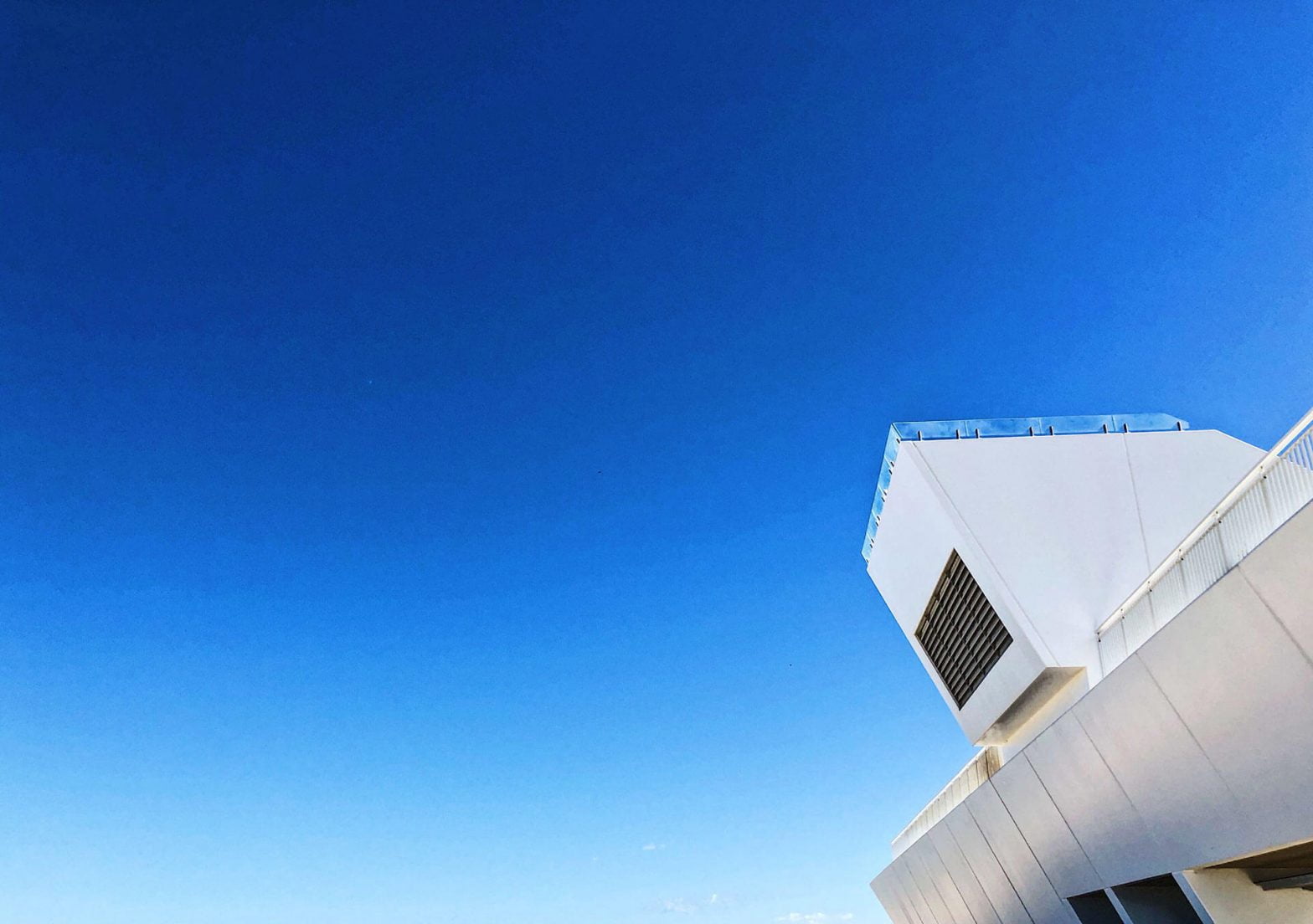
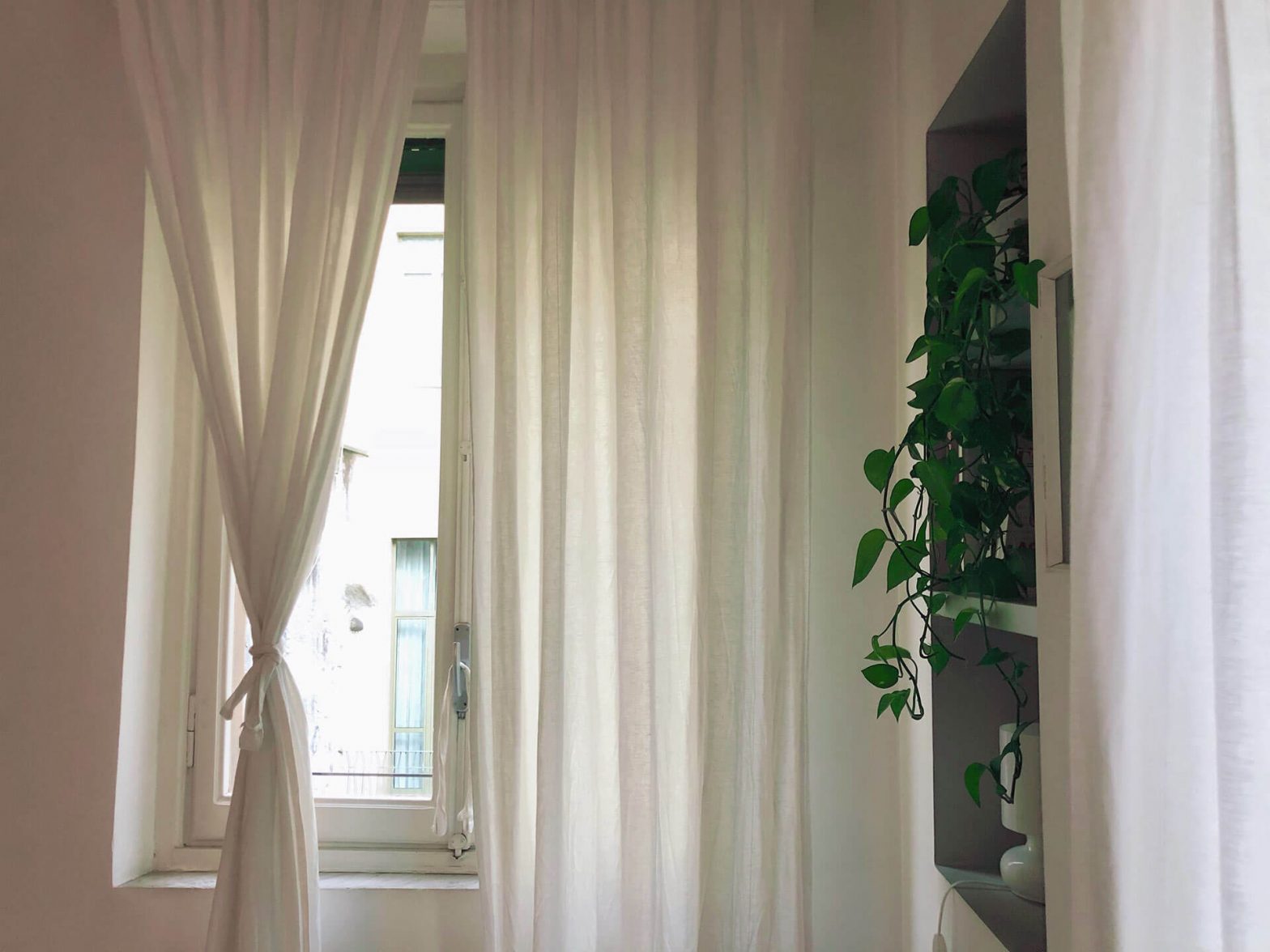
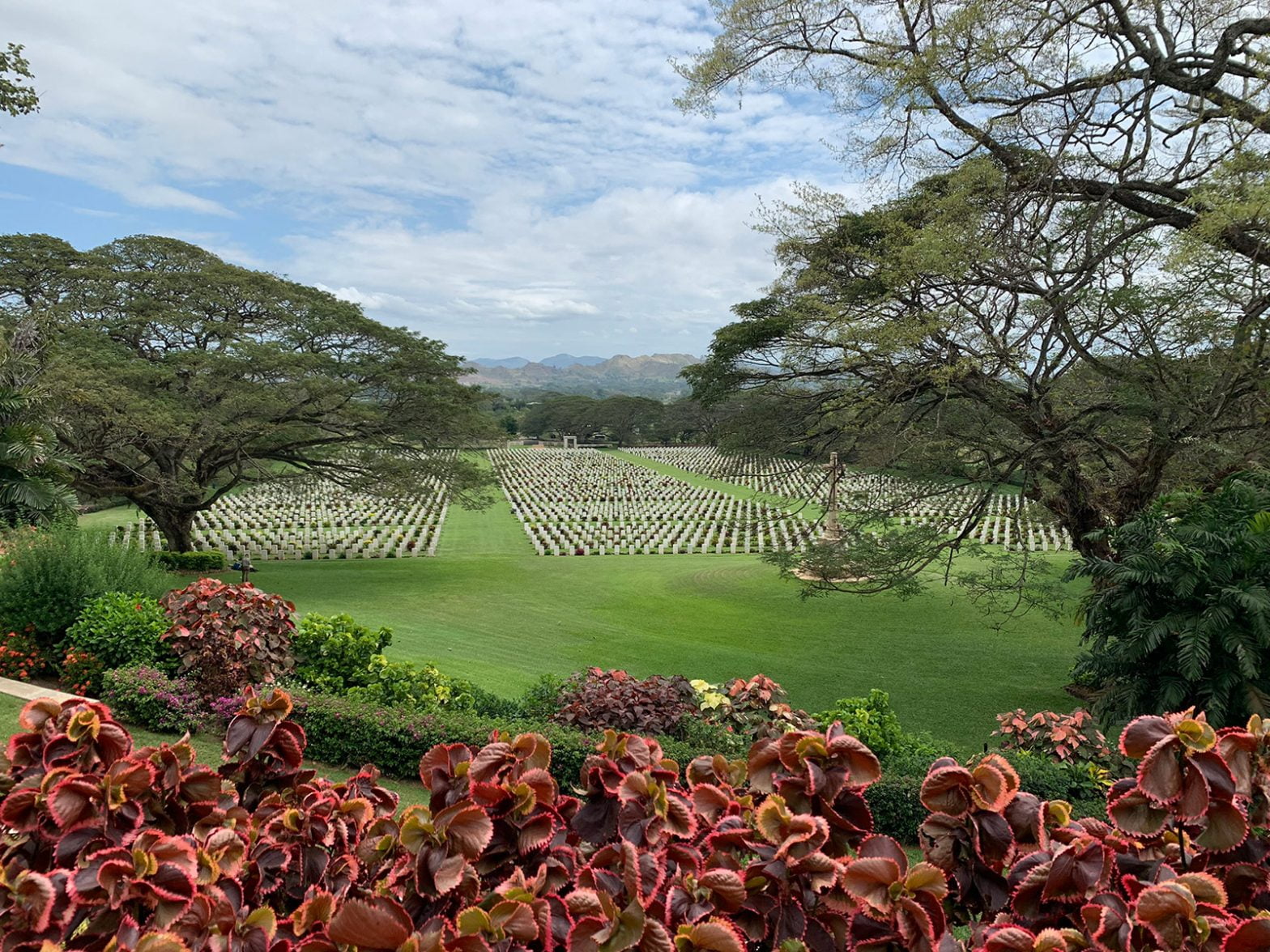

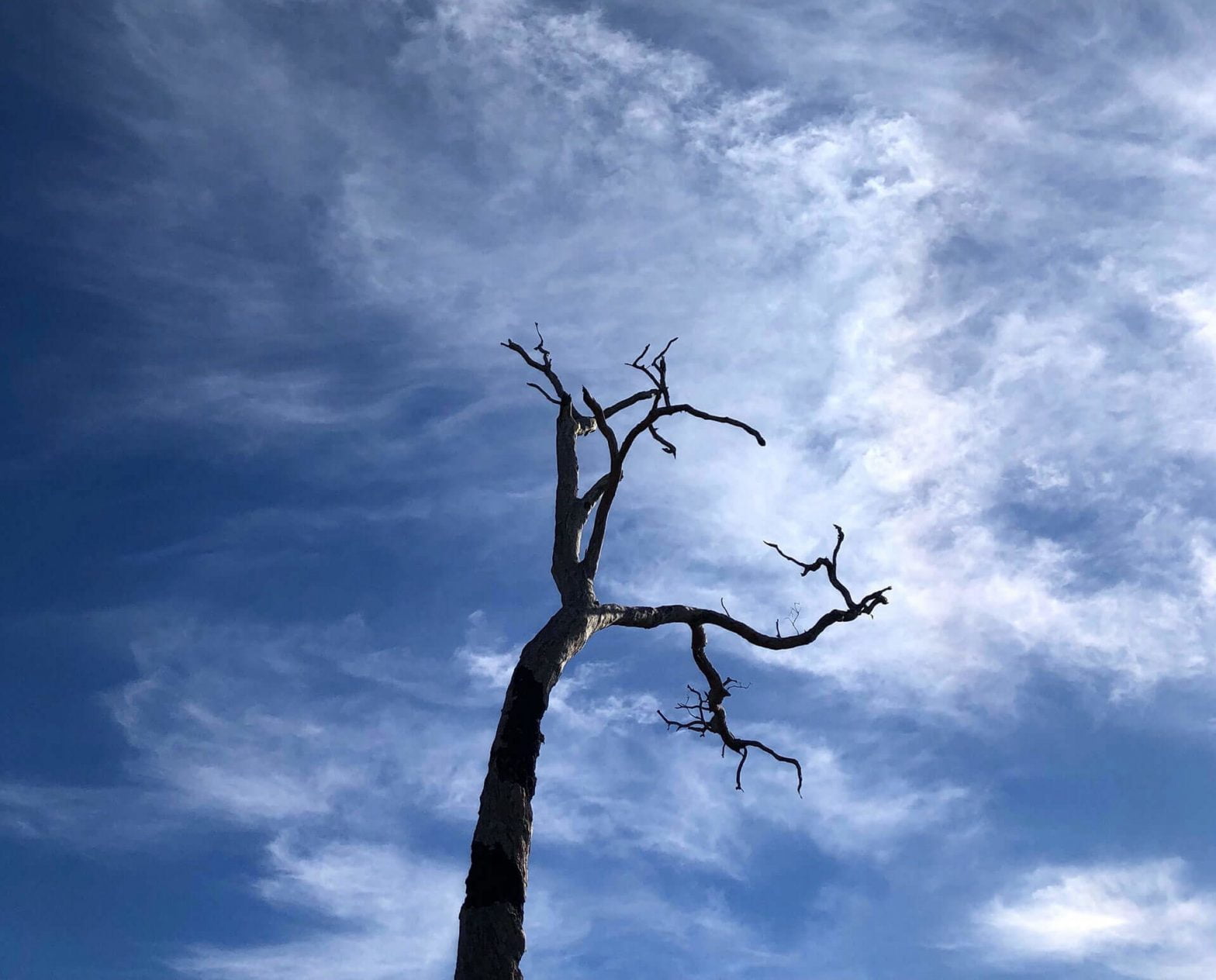
![On Instagram | Real life doesn’t happen in squares [Poem]](https://missbethcan.com/wp-content/uploads/2019/07/entwined-1568x1176.jpg)
